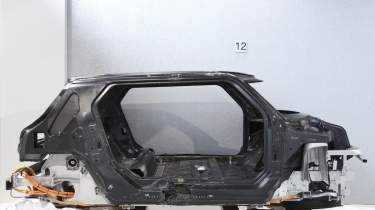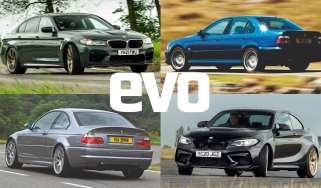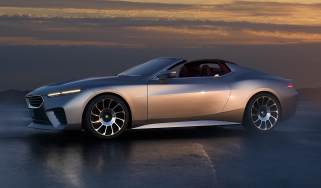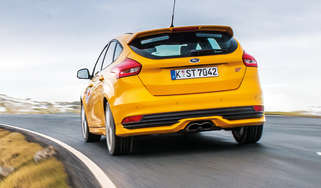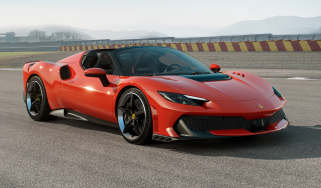BMW MegaCity project unveiled
BMW’s radical new all-electric supermini will be ready for launch in 2013. Here's what you need to know.
At an event at the company's headquarters in Munich last night, BMW released details of its all-electric car (Project-i), which it claims is the world’s first all-new electric-powered car, rather than being what it terms a ‘converted electric car’ that’s been created from an existing platform.
Weight saving has proved one of the greatest challenges for BMW on this project, and in a radical departure the chassis of the MCV (Mega-City-Vehicle) will be built from a combination of moulded carbonfibre and aluminium, helping to keep weight as low as possible. In fact there is no steel used in the construction of this car at all, as all the body panels are made from either carbonfibre or composite. The biggest surprise, though, is the size of the car. This will be a full four-door four-seater (with Rolls-Royce-style rear-hinged rear doors), not a two-seat inner-city runabout, as you might expect.
BMW has done a huge amount of research into what people want from their cars in the future and it seems the one thing we don’t want to do is downsize; we want our cars to be capable of carrying both luggage and people, and that meant designing a two-seater electric vehicle was a non-starter for BMW. The other interesting fact BMW discovered in its research was that there would be no advantage in having a car smaller than the current Mini in urban situations as city planners are adamant they will not introduce smaller parking bays for sub-A segment cars.
A key feature of the MCV is its battery pack, which runs under the floor of the passenger cabin, keeping the centre of gravity low while allowing for easy packaging. The electric motor is mounted at the back of the car and drives through a single-speed gearbox. This keeps the tradition of BMWs being rear-wheel drive alive as well as helping the MCV score well in front crash tests. Power is estimated at 170bhp, with 184lb ft of torque and a top speed of 90mph. The projected maximum range is hoped to be close to 200km (124 miles), although there will also be a range extending version equipped with a small petrol engine that acts as a generator.
Above all, though, BMW says the MCV must be a fun car to drive and represent everything BMW stands for in terms of driver enjoyment. We will be very interested to see if this bold statement holds true when the car arrives in 2013.
Exactly how many MCVs BMW will sell remains to be seen, but the company is keen to show it is at the forefront of electric technology, should this market really take off in the future. But even BMW’s own figures show it expects full EV cars to take only 5 to 15 per cent of the global market by 2020, so expect internal combustion engines to dominate the car market for a good many years to come.
